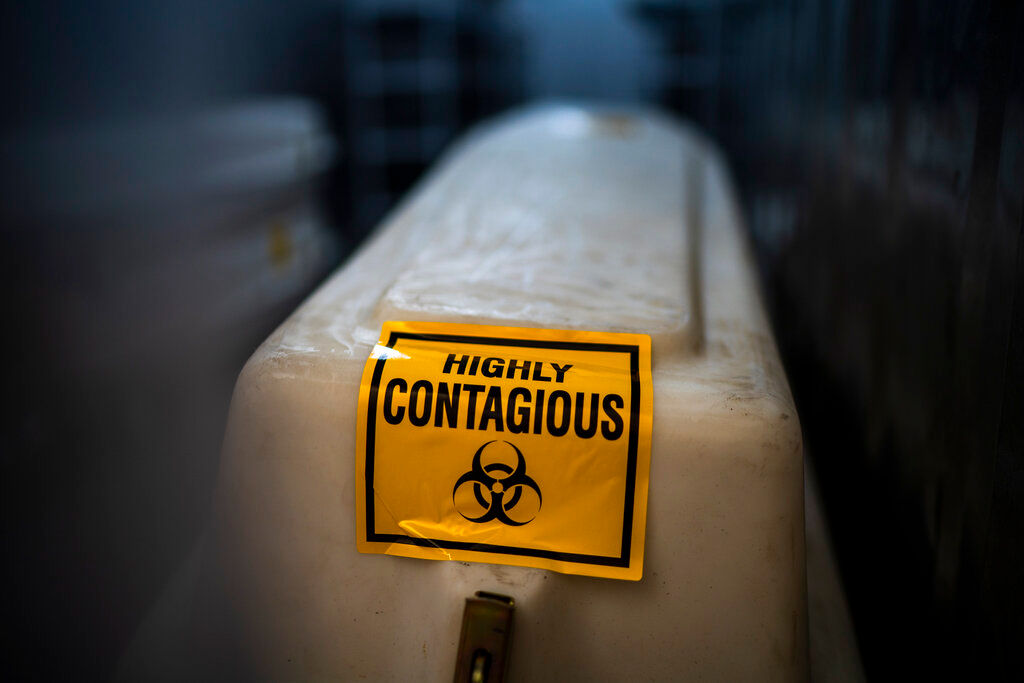The world is still battling the damages
caused by the pandemic. Amid this battle, South African scientists have
discovered a new coronavirus variant that may breach the immune system and put
the world at peril again, reported Bloomberg. The news of the discovery of a new coronavirus
variant has shattered the world market due to the fear of disruption. On Friday, Sensex crashed to 1,688 points as the new variant left everyone speculating about the market situation going forward.
The new variant, B.1.1.529, has a
“very unusual constellation” of mutations, which has become a cause
for headache for the scientists as it could breach the body’s immune system and
makes it more transmissible.
Highly transmissible
“Very high number of mutations is a
concern for predicted immune evasion and transmissibility,” said Tulio de
Oliveira, from the Network for Genomic Surveillance in South Africa, who has
tracked the spread of the delta variant in the country.
The new variant has 32 mutations in the
spike protein which could increase the fatality despite vaccines.
The B.1.1.529 was first found in South
Africa’s Pretoria and the surrounding Tshwane metropolitan area and it appeared
to be a cluster outbreak from student gatherings at universities in the area.
South African health minister Joe Phaahla
said the variant was of “serious concern” and behind an
“exponential” increase in reported cases, making it “a major
threat”.
The variant has also been found in Botswana
and Hong Kong among travellers from South Africa.
More infectious than Delta
The South Africa variant of the virus is
said to be more contagious than the Delta variant. It could even breach immunity
developed after the vaccinations and it spreads very quickly. In less than two weeks now dominates all infections following a devastating Delta wave in South
Africa, Tulio de Oliveira said in a series of tweets.
B.1.1.529 is believed to have evolved
during chronic infection of an immuno-suppressed person, possibly in an
untreated HIV/AIDS patient, said Francois Balloux, director of the UCL Genetics
Institute.







